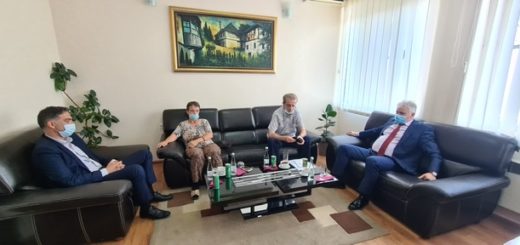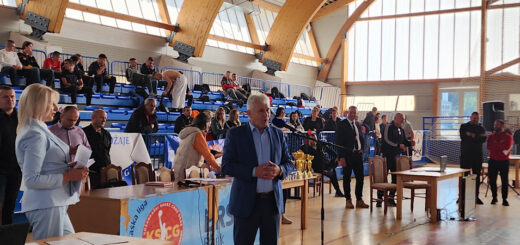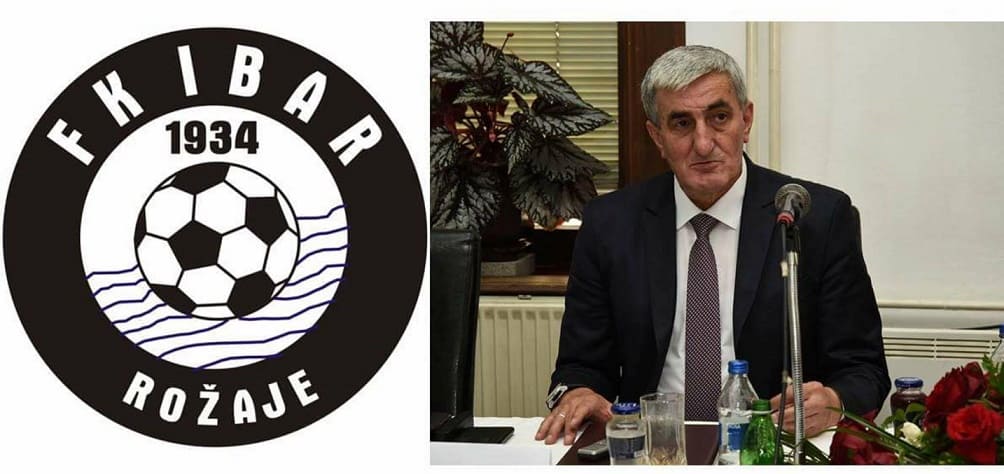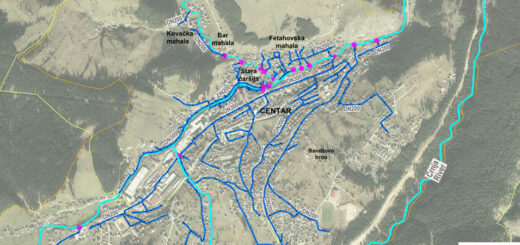Presentation of the Study on Child Poverty in Montenegro
The president of the municipality of Rožaje Nusret Kalač and the head of the UNICEF representative office in Montenegro Benjamin Perks presented the first study on child poverty in Montenegro.
"I am glad that in the municipality of Rožaje, the presentation and introduction to the first study on child poverty in Montenegro will begin, with sincere wishes and welcome to all participants of this presentation. I would like to especially thank UNICEF and the Government of Montenegro, who made this project possible.
The municipality of Rožaje, with all its specificities, is a very interesting area for dealing with all social factors to change social reality, and all with the strategically important goal of stopping the further process of poverty, especially child poverty. Local government bodies, even if with limited resources and material possibilities, will do everything to overcome this certainly serious social problem, with an active attitude towards each specific case and the phenomenon as a whole.
I believe that we have resources that are a sufficient guarantee that the further trend of increasing child poverty can be stopped and even reduced. A responsible attitude towards this phenomenon is a condition for overcoming it, and it certainly exists in our country." said, among other things, in his introductory speech, the president of the municipality of Rožaje, Mr. Nusret Kalač.
The first study on child poverty in Montenegro shows that children make up the majority of people living in poverty. Namely, 10% children and 6.1% adults live in poverty in Montenegro with a monthly consumption of less than 169.13 euros.
In Montenegro, every tenth child is poor, and the largest number of poor children are under the age of 5. Also, poor children most often come from multigenerational and families with three or more children or are children of single parents. Adult members of poor families usually do not have a high school diploma. The largest number of poor children live in the north of Montenegro and in rural areas.
In the north of Montenegro, the child poverty rate is 19%, which is four times more than in the central part of Montenegro (5%) and almost twice as much as in the south of the country (10%).
The poverty rate of children living in rural areas in Montenegro is 23% or almost six times higher than in urban areas (3,74%).
"Poverty is more than a lack of income: it leads to lower educational attainment and poorer health, and it affects families and is passed down from generation to generation." points out the head of the UNICEF representative office for Montenegro, Benjamin Perks.
As many as 40% poor families with children live in a studio or one-room apartment. Poor children do not have their own study space, computer or internet access. A car can only be found in 24% poor households with children, which are on average 19 km away from the nearest health center and 12 km away from the nearest elementary school.
Breaking the cycle of poverty depends on governments, civil society and families investing in children's rights and well-being, as well as women's rights.
"Investing in the health, nutrition, education and social, emotional and cognitive development of the child, as well as in achieving gender equality, is not only an investment in a more democratic and fair society, but also an investment in a healthier, more educated and ultimately more productive population." concludes Benjamin Perks, head of the UNICEF representative office for Montenegro.
Data from the first Study on child poverty in Montenegro will contribute to the ongoing dialogue on how to improve the situation of poor children and their families through appropriate policies.
[nggallery id=43]






